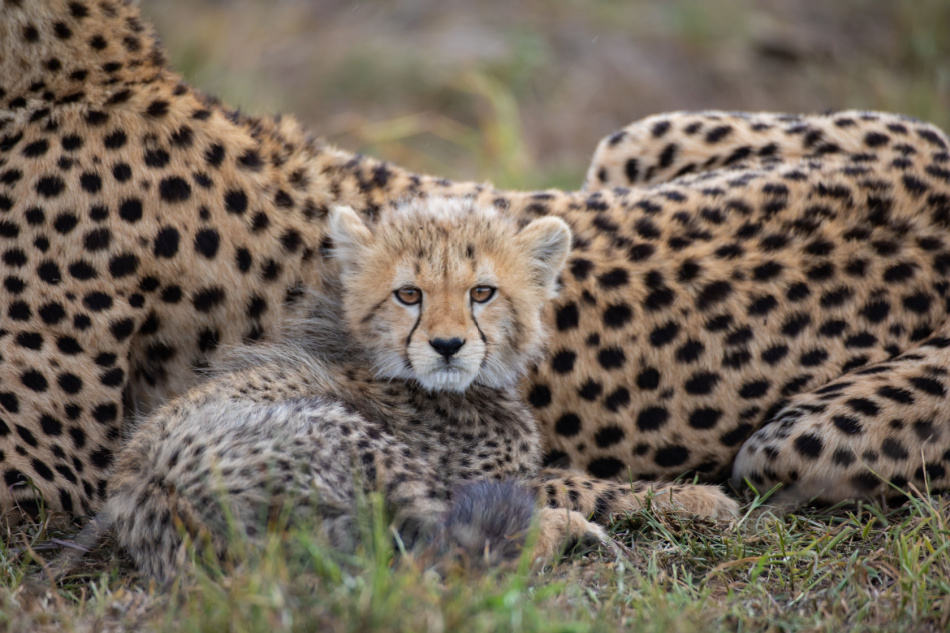Four cheetah cubs have been born in India, more than 70 years after the creatures were declared legally extinct in the country.
The announcement was made by India’s environment minister, who described it as a “momentous event.”
For decades, the nation has attempted to reintroduce big cats, and last year transported eight cheetahs from Namibia as part of the plan.
Last month, another 12 cheetahs were imported to India from South Africa.
The four cubs were born to one of the females who arrived from Namibia in September in the Kuno National Park wildlife refuge.
Environment Minister Bhupender Yadav expressed his happiness at the news on Twitter.
“I congratulate the entire team of Project Cheetah for their relentless efforts in bringing back cheetahs to India and for their efforts in correcting an ecological wrong done in the past,” he said.
Prime Minister Narendra Modi praised the “wonderful news”
The cubs were discovered by officials on Wednesday, March 29, according to the Press Trust of India.
The mother Siyaya and the cubs were fine and healthy, according to a park official.
However, the revelation of the additional kittens comes just two days after one of the other eight Namibian cheetahs died due to kidney disease in Kuno National Park.
It was the first time a large carnivore had been brought from one continent to another and reintroduced into the wild when they were transported to India last year.
Cheetahs— famous for being the world’s fastest land animal— were proclaimed officially extinct in India in 1952. For years, cheetah populations were falling in numbers due to poaching, habitat destruction, and a lack of prey.
The vast majority of the world’s 7,000 cheetahs are now found in Africa, specifically in South Africa, Namibia, and Botswana.
The Asiatic cheetah is highly endangered and is now only found in Iran, where just approximately 50 are known to exist.
On the International Union for the Conservation of Nature’s Red List of Endangered Species, the cheetah is classified as “vulnerable”.










